CVE-2024-10924: Exploiting Critical WordPress Plugin Vulnerability
In November 2024, a critical vulnerability, tracked as CVE-2024-10924, was discovered in the Really Simple Security plugin for WordPress, affecting versions 9.0.0 to 9.1.1.1. With a CVSS score of 9.8, this authentication bypass flaw poses a severe risk to WordPress sites, potentially allowing attackers to gain unauthorized administrative access.

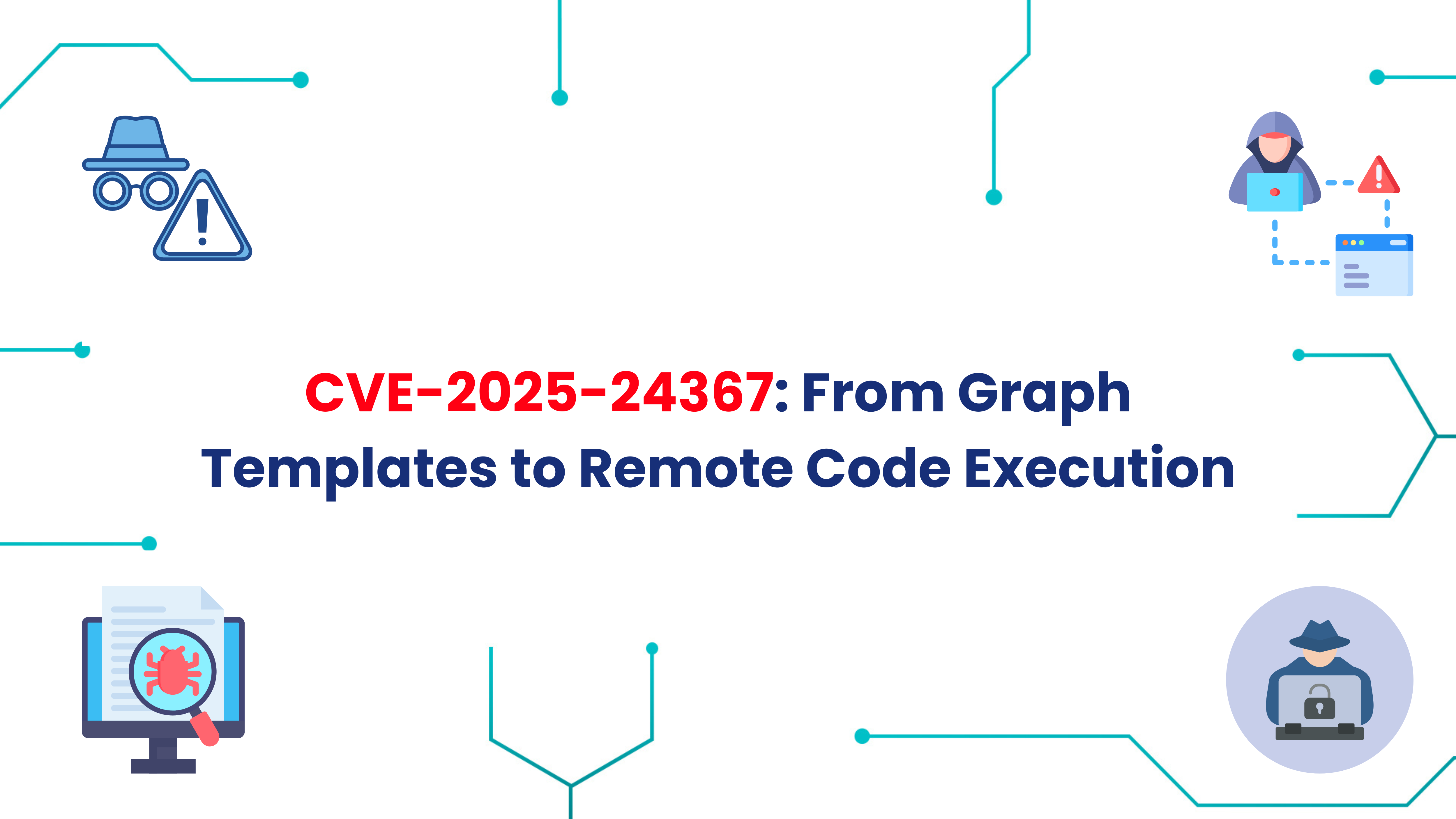

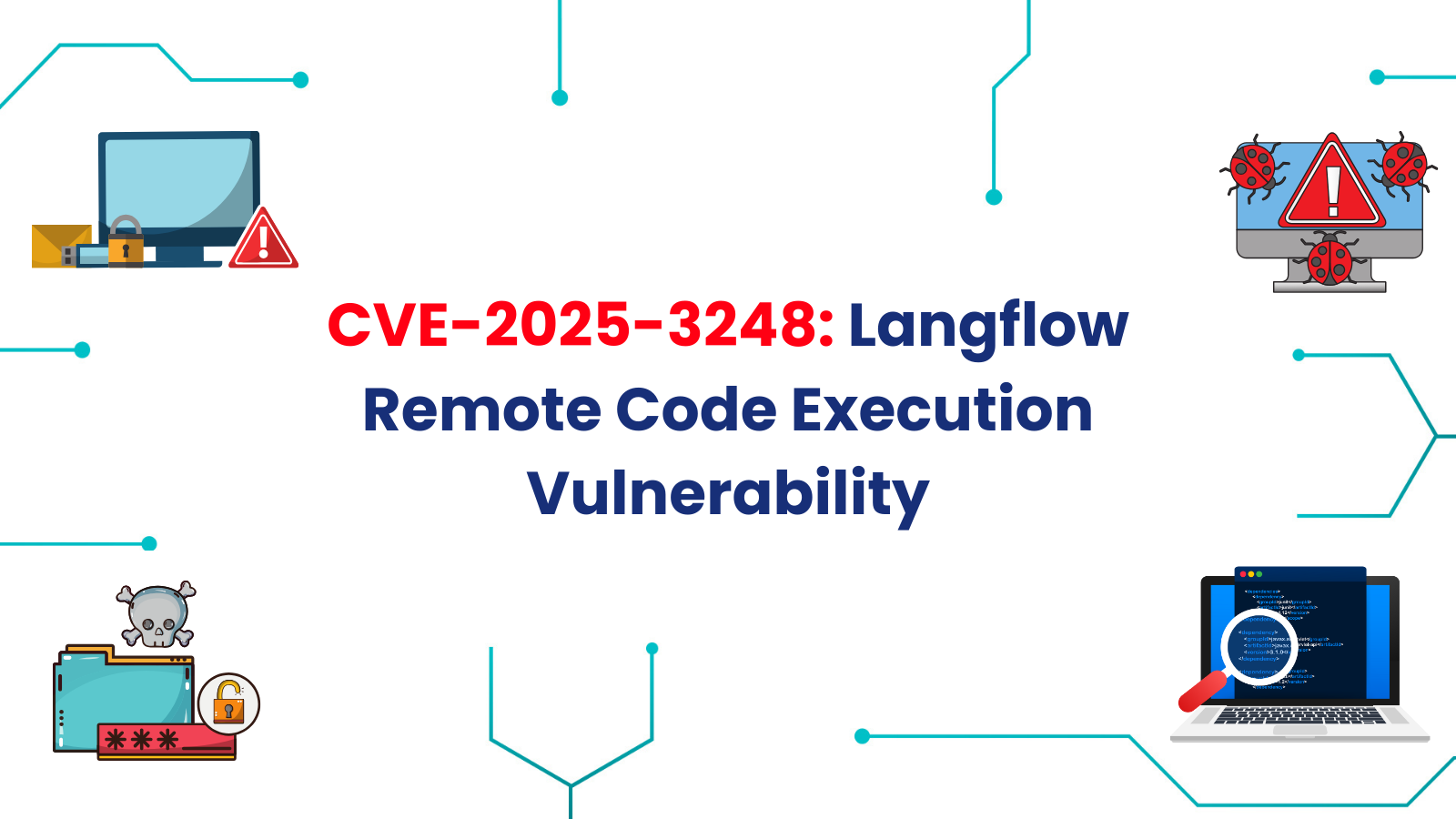
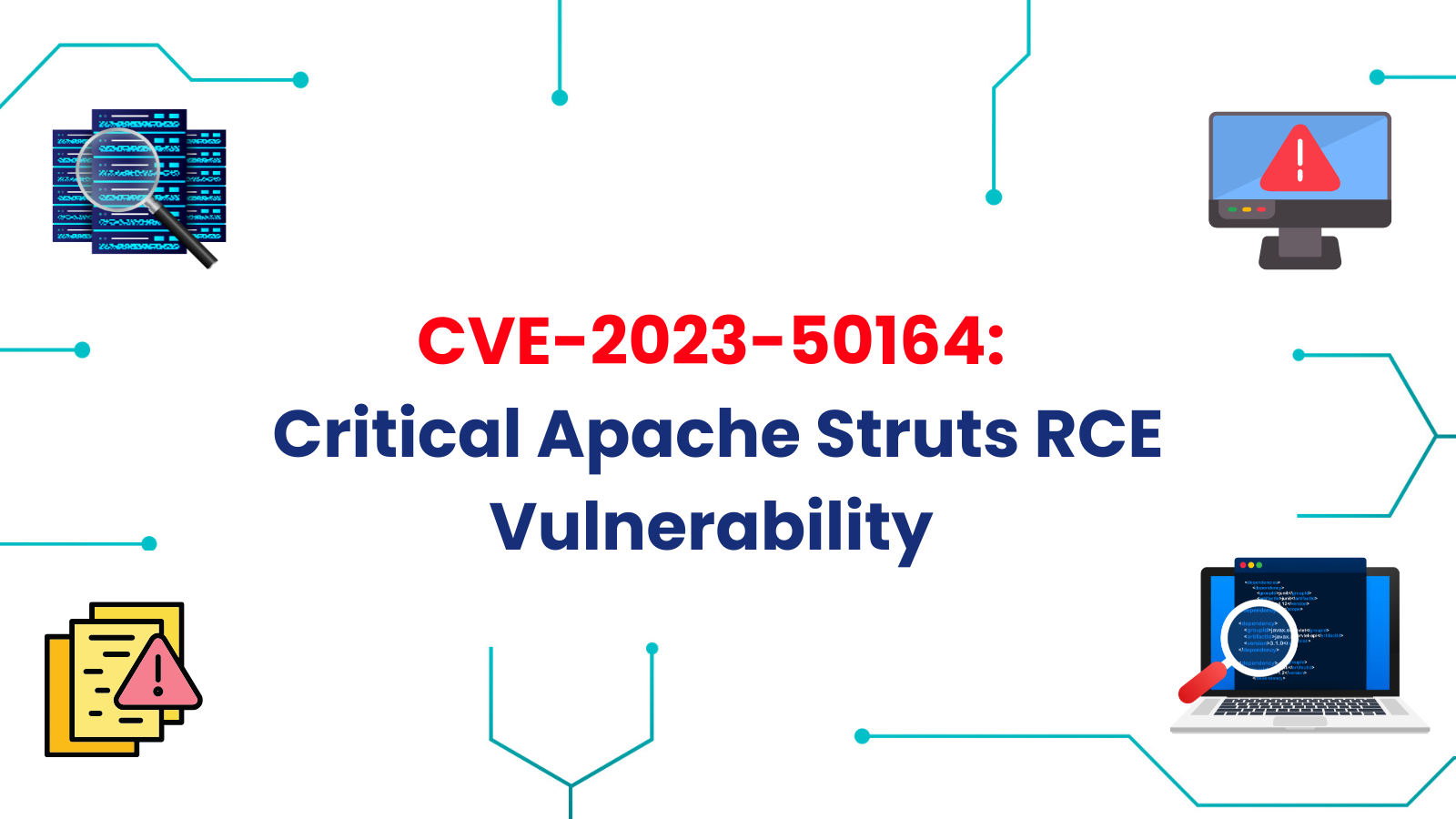

.png)
.png)


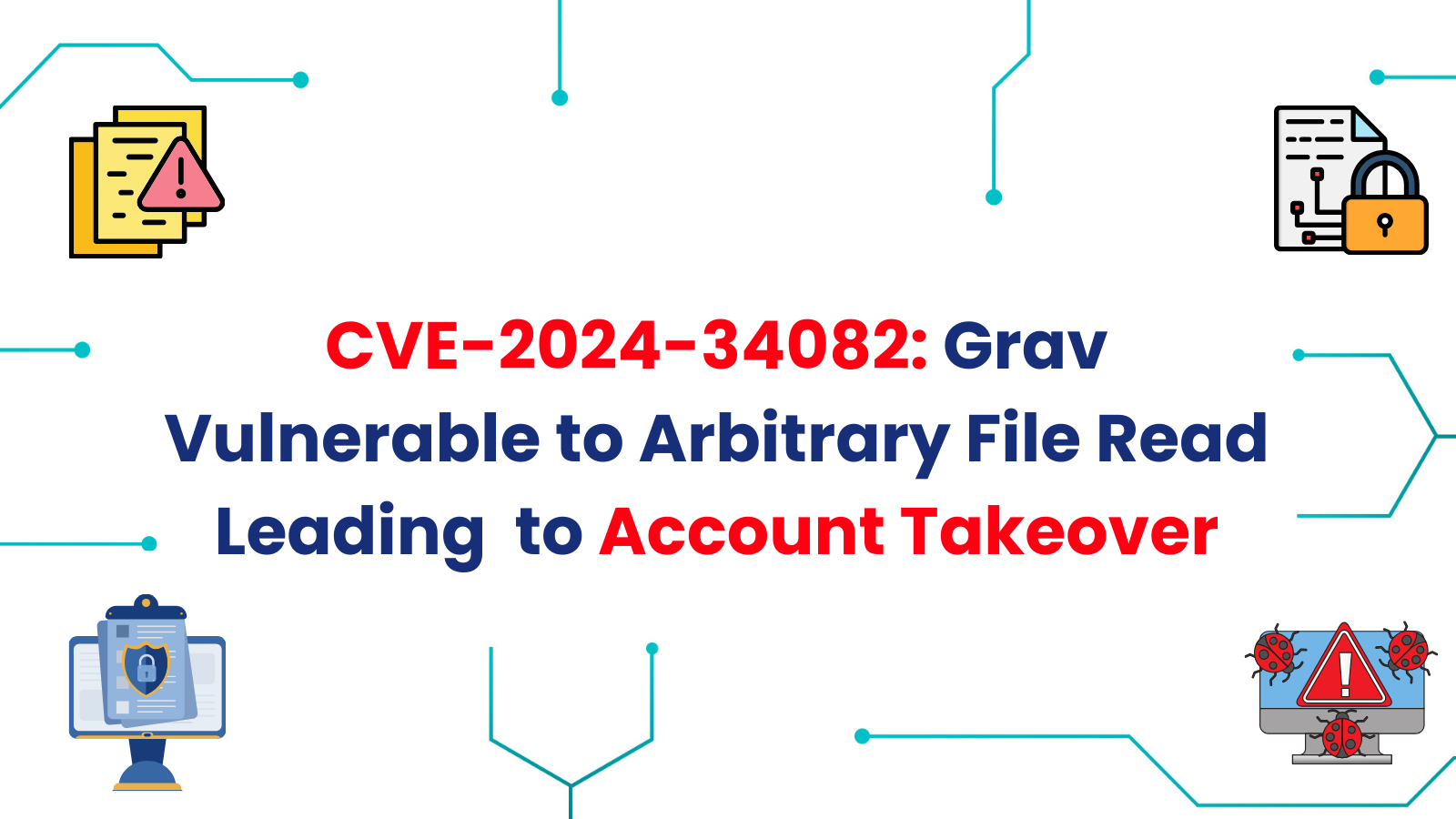

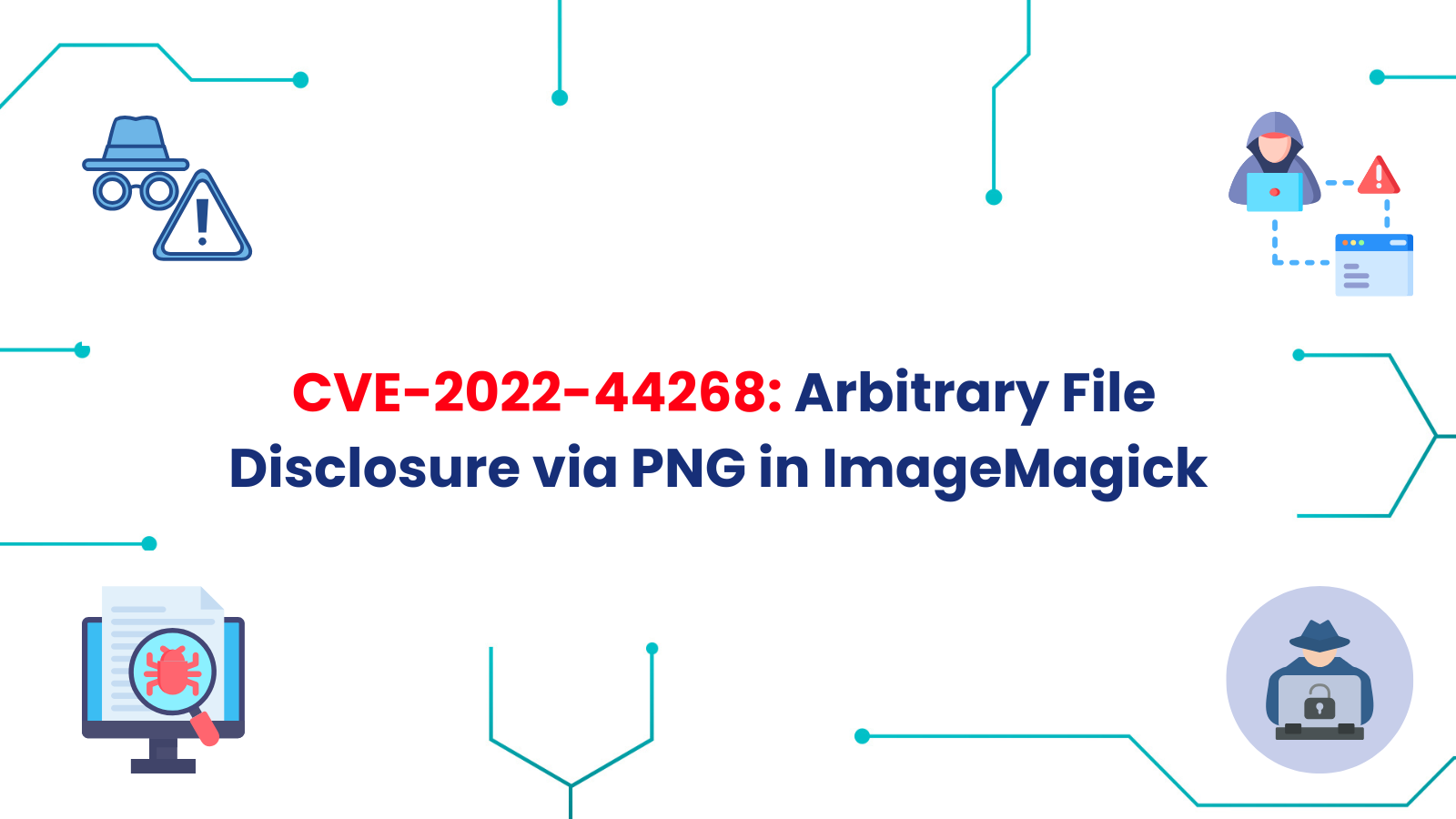













.png)



